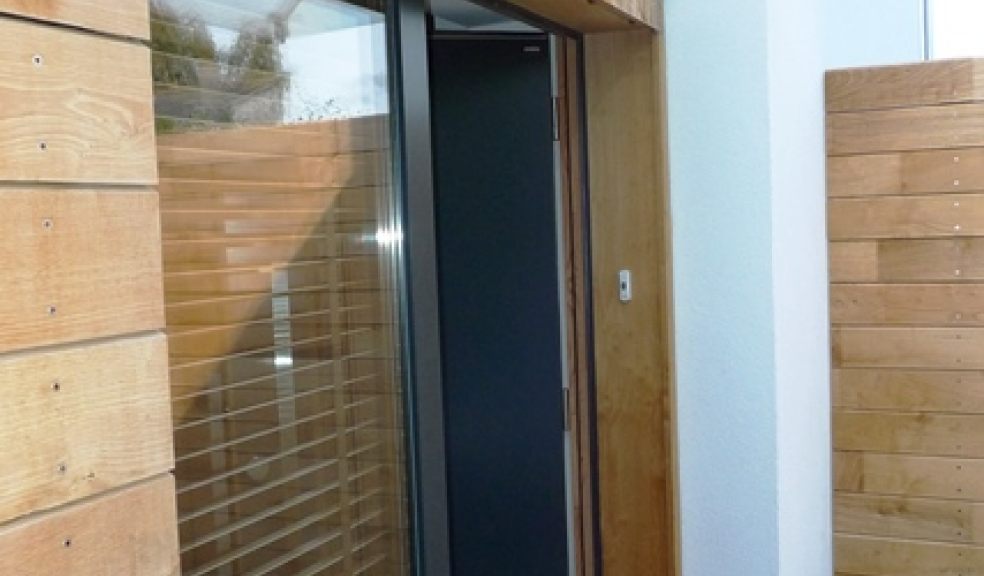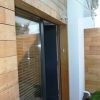
National award for Devon Passivhaus
A Passivhaus project in which Exeter-based Aspect Windows installed the windows and doors has won a national award.
Totnes Passivhaus B&B, in Dartington, near Totnes, was announced the winner in the private housing category of the UK Passivhaus Awards 2013 at a ceremony in London on 4 July. The national awards celebrate the design and performance of Passivhaus in the UK.
Aspect Windows worked with the designer and builder and supplied and installed the property’s triple-glazed Internorm windows and doors to achieve the Passivhaus standard. The Totnes Passivhaus, the third UK retrofit to be Passivhaus Certified (in Sept 2011), was a challenging project, including both masonry retrofit and new-build timber-frame elements (which includes a new living roof). The existing house formed part of a distinctive, modernist housing estate built in the 1970s and the Passivhaus performance requirements therefore had to be addressed within very particular design constraints to retain the valued ‘group’ aesthetic.
The project achieved an air tightness test result at Certification of 0.2 a.c.h. (exceptional for a retrofit) and the total Primary measured energy in use is 75.8kWh/m².a during the first year of occupation, this covers running a home office and frequent extra B&B guests.
Aspect Windows is committed to energy-efficient glazing in Devon and the South West and recently, Director of sales and special projects, Andrew Seller, undertook training to become a Passivhaus design consultant.
To achieve the Passivhaus standard, a home in the UK typically needs to have a range of energy-saving measures. For starters it's essential to have very high levels of insulation. That means triple-glazed windows with insulated frames. It also means having airtight building fabric.
The construction must be free of "thermal bridges" – gaps or joints in the building which allow heat to escape. It must also have a mechanical ventilation system with heat recovery, which uses air leaving the building to heat air entering the building.
To achieve Passivhaus certification, a home must be planned using a special planning package, designed by a Passivhaus-certified designer, and certified by an accredited organisation. Even without that, though, you can also use the principles of Passivhaus to achieve significant energy savings without necessarily achieving formal Passivhaus certification.
Managing director Steve Cooling said: “We are thrilled that this project has been announced as the winner of the private housing category at the UK Passivhaus Awards 2013. We enjoyed the challenge of being involved in such a project and it is great example of the work undertaken at Aspect Windows.
“We have been working hard to move into the next generation of energy-efficient window and doors. Our staff are trained in using the Passive House Planning Package (PHPP) and Therm-modelling to prove performance and allow the company to focus on customers’ budgets.”
To find out more about Passivhaus and Aspect Windows, go online at www.aspect-windows.com













